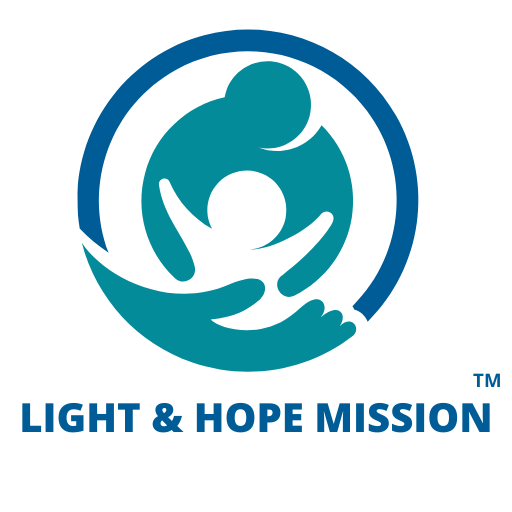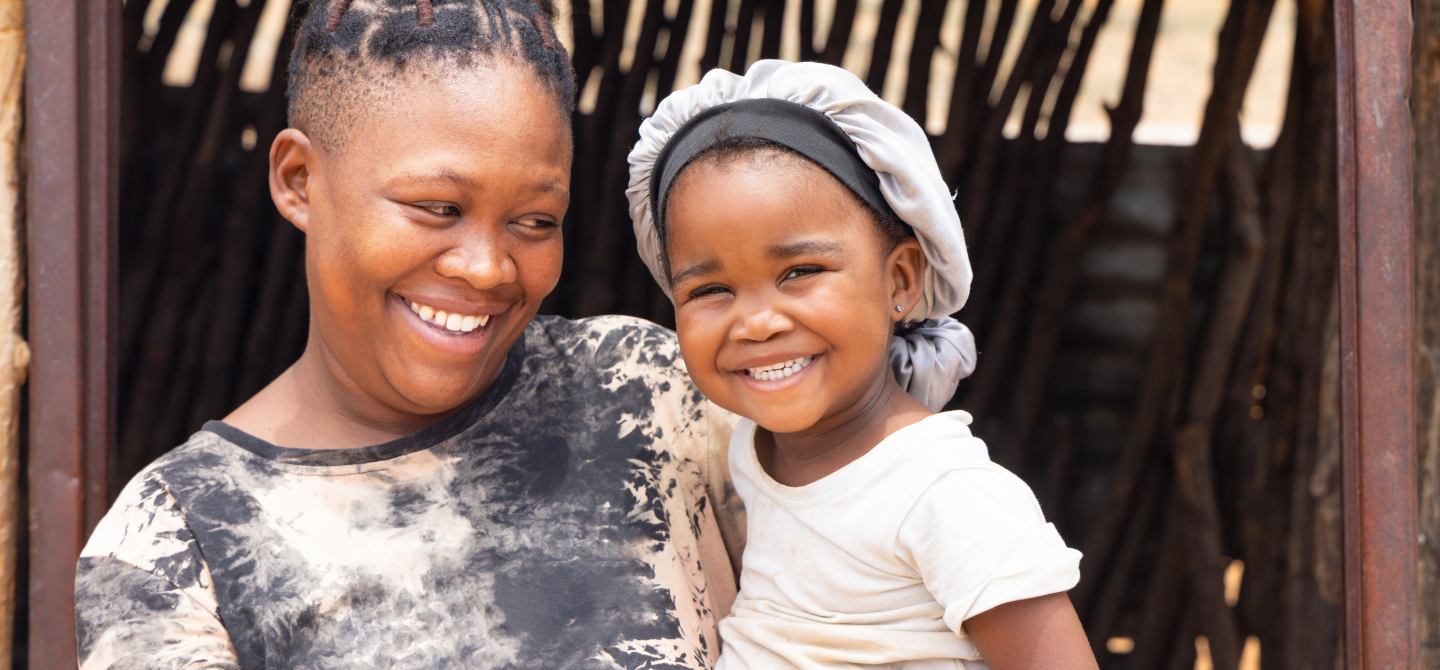The Role of Women in Alleviating Poverty
Women, particularly widows, play a crucial role in the fight against poverty. Empowering women is not just a matter of social justice; it is a powerful strategy for driving economic growth, improving community well-being, and fostering sustainable development. This blog post explores how supporting and empowering women, especially those who are widowed, can lead to broader social and economic benefits for their communities.
The Unique Challenges Faced by Widows
Widows often find themselves in a vulnerable position within society. In many parts of the world, they face discrimination, social exclusion, and economic hardship. Cultural practices and legal systems in some regions prevent widows from inheriting property or accessing financial resources, leaving them and their children in precarious situations.
Economic Disempowerment:
- Widows frequently lose their primary source of income with the death of their spouse. Without access to financial assets, they struggle to provide for their families, leading to cycles of poverty that can persist across generations.
Social Isolation:
- In many cultures, widows are stigmatized and ostracized, further compounding their economic challenges. This social isolation limits their opportunities for employment, education, and social support, making it difficult for them to improve their circumstances.
Legal and Cultural Barriers:
- Widows often face legal and cultural barriers that prevent them from claiming their rightful inheritance or accessing land and property. These barriers perpetuate their economic vulnerability and limit their ability to contribute to their communities.

Empowering Women: A Catalyst for Change
Empowering women, especially widows, is a critical step in alleviating poverty and promoting sustainable development. When women are empowered, they can contribute more effectively to their families and communities, creating a ripple effect of positive change.
Economic Empowerment:
- Providing widows with access to financial resources, education, and vocational training enables them to become economically self-sufficient. Economic empowerment allows them to generate income, support their families, and invest in their children’s education, breaking the cycle of poverty.
Social Empowerment:
- Empowering widows socially involves challenging the cultural norms and legal structures that marginalize them. Advocacy and awareness campaigns can help shift societal attitudes, promoting the inclusion and recognition of widows as valuable members of their communities.
Legal Empowerment:
- Legal empowerment is essential for ensuring that widows can claim their rights and access the resources they are entitled to. This includes advocating for legal reforms that protect widows’ rights to inheritance, property, and social security.
The Broader Impact of Empowering Women
Empowering women has far-reaching implications for their communities and beyond. The benefits extend beyond the individual to the entire community, driving social and economic progress.
Economic Growth:
- When women are empowered, they contribute to the economic development of their communities. Studies have shown that increasing women’s participation in the labor force boosts overall economic productivity and growth.
Improved Health and Education:
- Women who are economically empowered are more likely to invest in their children’s health and education. This leads to better health outcomes, higher educational attainment, and improved quality of life for the next generation.
Community Development:
- Empowered women are often at the forefront of community development efforts. They take on leadership roles, advocate for social change, and work to improve the conditions in their communities. This leads to stronger, more resilient communities that are better equipped to tackle the challenges of poverty.

Empowering Widows in Sub-Saharan Africa
In Sub-Saharan Africa, widows are often among the most vulnerable members of society. However, targeted interventions have shown that empowering these women can have a transformative impact on their lives and their communities.
Microfinance Initiatives:
- Microfinance programs have been particularly successful in empowering widows by providing them with access to credit, savings, and financial literacy training. These programs enable widows to start small businesses, generate income, and achieve economic independence.
Education and Training:
- Vocational training programs for widows equip them with the skills needed to enter the workforce or start their own enterprises. Education initiatives also focus on raising awareness about widows’ rights and advocating for legal reforms to protect these rights.
Community Support Networks:
- Community-based organizations play a vital role in supporting widows by providing them with social support, legal assistance, and opportunities for economic empowerment. These networks help break the cycle of isolation and poverty that many widows face.
Empowering women, particularly widows, is a powerful strategy for alleviating poverty and fostering sustainable development. By providing them with the tools and resources they need to succeed, we can unlock their potential to drive positive change in their communities. At Light and Hope Mission, we are committed to supporting widows and empowering women as part of our broader mission to alleviate poverty and promote social justice. Through our programs and initiatives, we aim to create a world where every woman has the opportunity to thrive and contribute to the well-being of her community.



